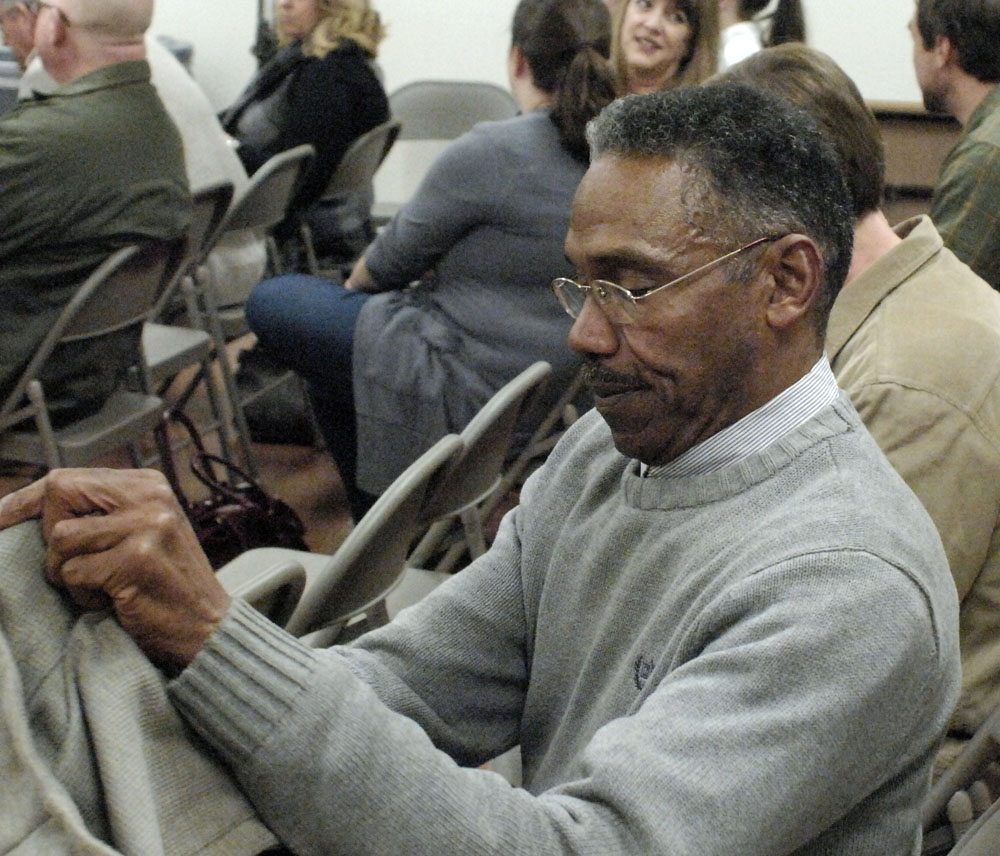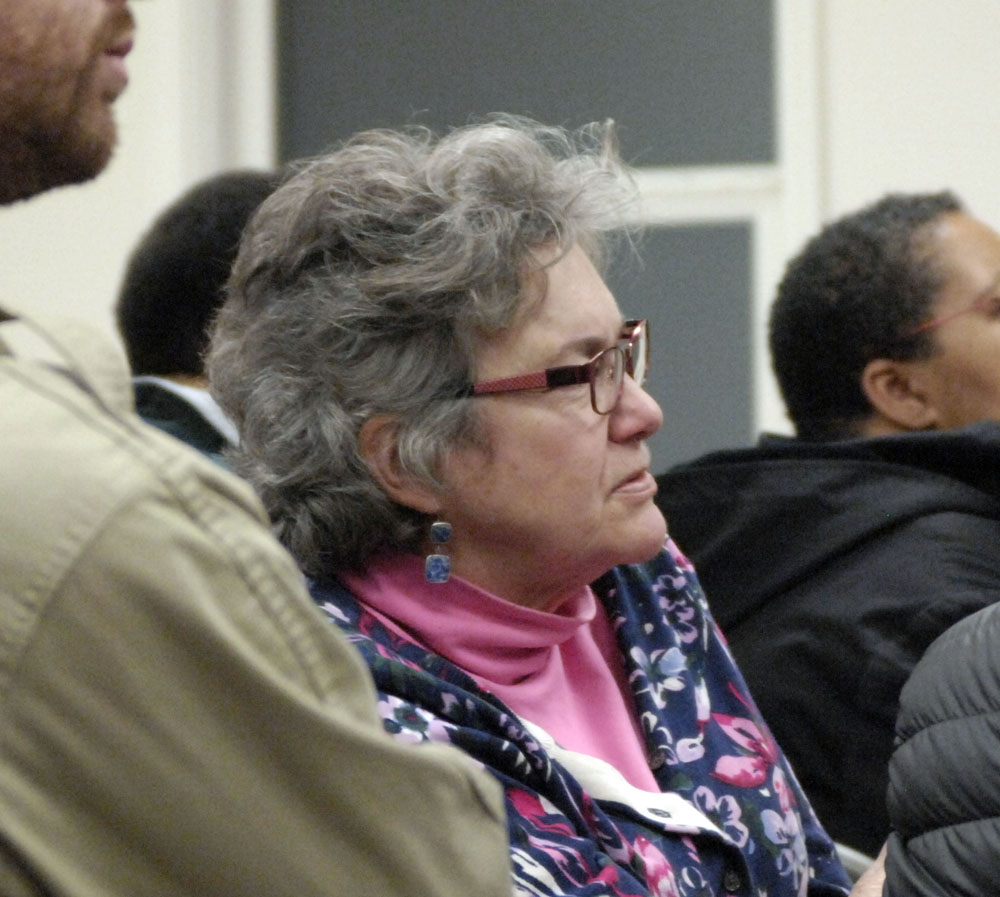
This showed up in my Facebook feed with the words, “Powerful photo. We are fortunate to have a man of God back in the Oval Office.”
I regularly check the logs for this blog. It’s gratifying that many of the blog’s regular readers are outside the U.S., particularly in Europe. In addition to regular readers, there are lots of one-time visits from people who are Googling for some subject or another. For example, my post on the expiration of copyrights for Peter Rabbit is very popular internationally, as are my posts on the Nikon Model S microscope and the repair of classic Peerless speakers.
Though the blog’s firewall log shows that the majority of hacker attacks come from Russia (surprise, surprise), I don’t get many actual readers from Russia. When, a few days ago, the logs showed a reader in Moscow, I naturally checked to see which post the Moscow reader came here for. Interestingly, the post was one of my more prescient political posts, “The ability (and inability) to judge character.”
It happens that I’m about halfway through the 2015 book How Propaganda Works, by Jason Stanley. I’ll have a post on that book later. But one point that stands out from How Propaganda Works is that a key factor that makes people susceptible to propaganda is flawed ideology. I’ll save Stanley’s arguments on flawed ideology for another day. For now, I’d only like to point out what an incredibly dangerous combination this is:
Flawed ideology
The inability to judge character
If we put racism, primitive religion and Republican politics into the category of flawed ideology, and if we combine that with the right-wing propaganda of the last few years and the candidate the propagandists were pushing, then we’ve got a strong framework for understanding this country’s downward spiral into fascism. One of the things I hear constantly from those who don’t subscribe to flawed right-wing ideology and who do have the ability to judge character is (talking about Trump and those who voted for him), “How can they not see through him?” It’s no mystery that they can’t see through him if you keep in mind the deadly combination of flawed ideology and the inability to judge character.
There is an interesting piece by Eliot A. Cohen in this month’s Atlantic, “A Clarifying Moment in American History.” One of the things that Cohen says is, “[Trump] will fail most of all because at the end of the day most Americans, including most of those who voted for him, are decent people who have no desire to live in an American version of Tayyip Erdogan’s Turkey, or Viktor Orban’s Hungary, or Vladimir Putin’s Russia.”
I beg to differ. I am increasingly irked at being told that we should reach out to Trump voters and try to understand them. What is it that we need to understand about their flawed ideology? We already understand their flawed ideology quite well. What is it that we need to understand about their incomprehensible inability to judge character? Even their most famous preachers tell them that Trump is a man of God whom God has sent to save America. I’m afraid my ideology doesn’t provide a way to square that godliness with all that hatred and the finger photos.
Anyone who has sunk that low, I am increasingly convinced, has forfeited the right to be called decent. Not only did they vote for Trump, but many of them did it with a kind of spiteful glee and vindictiveness (as is communicated by the finger photos). I will never forget that. Unless someone with a more tolerant ideology than mine can convince me that my view is flawed, then my view is that anyone who voted for Trump is not a decent person. In aggregate, they are dangerous. They will get nothing from me in the future other than as much distance as I can muster, a bare minimum of civility, and only the most basic support for their human rights and justice. That is far more than they themselves accord to the people they don’t like. Also, justice cuts both ways. Trump voters have to be held responsible for what they’ve done, once we’ve emerged from the ashes of the coming calamity. Certainly, I would cut some slack for those who ultimately do see through Trump and who ask for some forgiveness for what they’ve done. I doubt that many will be in that category, though.
Of course I have no idea why someone in Moscow would want to read my post on the inability to judge character. However, I can think of two basic reasons: 1. Someone in Moscow is wondering what the hell is wrong with Americans. Or, 2. Someone in Moscow is working on a better understanding of how to deceive Americans with propaganda.
Which do you suppose is more likely?

Below, the log showing the reader from Moscow



























